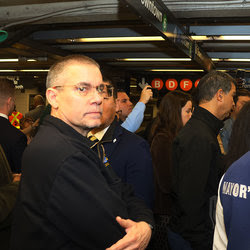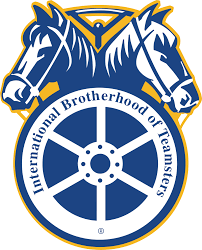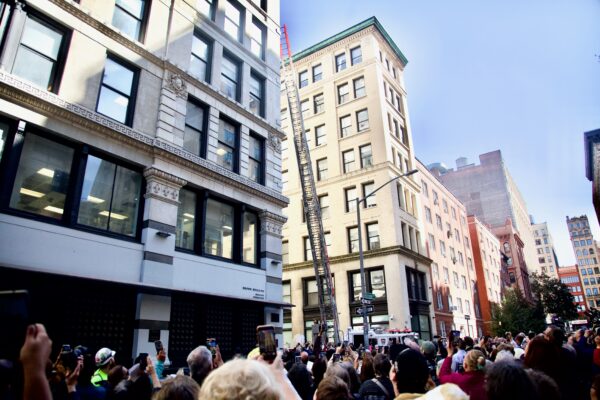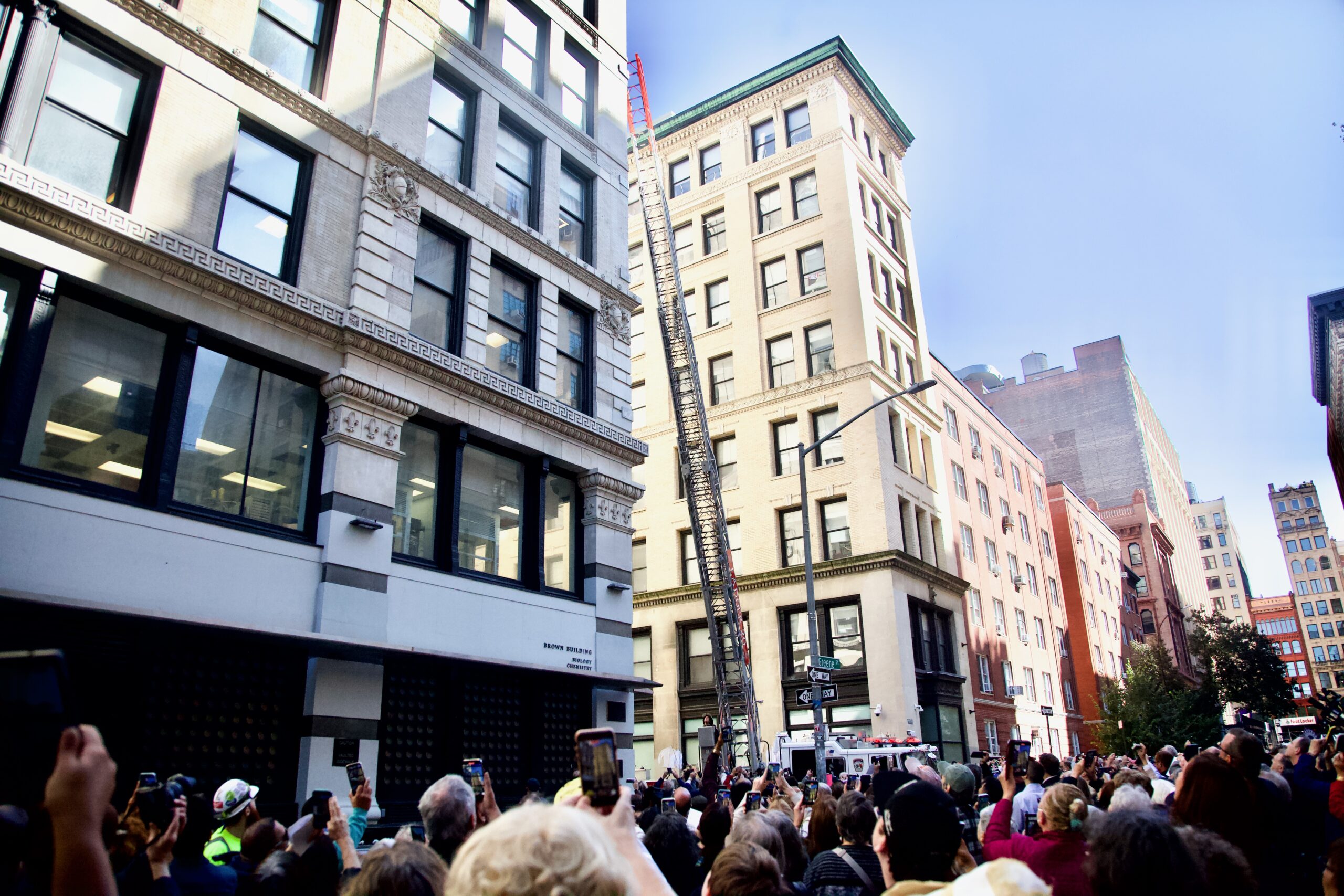To be an exceptional millwright, you not only need a detailed mechanical knowledge of turbines and electric motors, but the problem solving skills to get a given job done in the most safe, efficient way possible.
Sharif Mansour, of Millwright & Machinery Erectors Local Union 740, has proven that he has the persistence to learn the minutiae of the trade and the analytic reasoning to see the bigger picture.
“Our trade deals with one-thousandths of an inch. A human hair could range from tow-to-seven-thousandths of an inch. This is critical when you’re talking in turbine or power generation terms,” Mansour said.
Mansour’s union relies on extensive training because keeping up a precise standard is critical for the work its members do installing and maintaining compressors, pumps, conveyors, gas and steam turbines, monorails and extruders.
A rigorous education prior to joining the trade prepared Mansour for what was to come.
When he was 24, Mansour graduated from SUNY Maritime College to become a merchant mariner and an officer on a ship, which involved being well-versed in nautical activities “because there’s no one out there at sea.”
It was his best friend, a union carpenter with Local 926, who introduced Mansour to the field of millwrighting.
“I reached out to Local 740 to see how I could sign up, and then four years later I’m winning a golden hammer,” said Mansour, referring to the that the New York City District Council of Carpenters uses to test the mettle of its graduating apprentices.
Mansour said that the first year of the program was definitely the hardest because he was forced to learn on the job at such a fast pace to keep up with the work. Suddenly he found himself building a new sewage treatment plant in Brooklyn that required the installation of new components with the precision of a 64th of an inch.
Over the course of that project Mansour said that he had to get to know just about every power tool and hand tool that you could think of. But when he was finished he was proud of the craftsmanship.
“To be well versed and adaptable is something that goes a long way. So those are the traits that you coherently need to pick up,” he said.
After that he went up to Fishkill, New York to build several gas turbines for a new Amazon distribution center, before undertaking other jobs in Astoria and Long Island City. At present, he’s been working the machinery in a FedEx logistics center in Brooklyn. Mansour said that along the way, he’s felt excited to be a part of building the systems that enable the everyday processes to function.
“When people get Amazon packages, millwrights put that in. Millwrights put in that system so when you flush your toilet it gets treated back into the system,” he said.
He’s also proud to be a part of a union that keeps the middle class afloat.
“The importance is just a better way of living,” Mansour said. “It does give you a benefit to say, ‘Hey, we are middle class here and we’re offering something to the world by showing what we could do with your hands and skills.”
His advice to those interested in joining the ranks of an apprenticeship is to do some research and know your strengths.
“You want to pick something that you are definitely interested in,” he said. Mansour may not have known how to build and operate turbines when he joined up but he knew that it was something he found fascinating.







